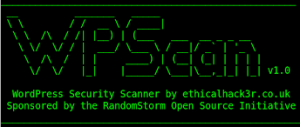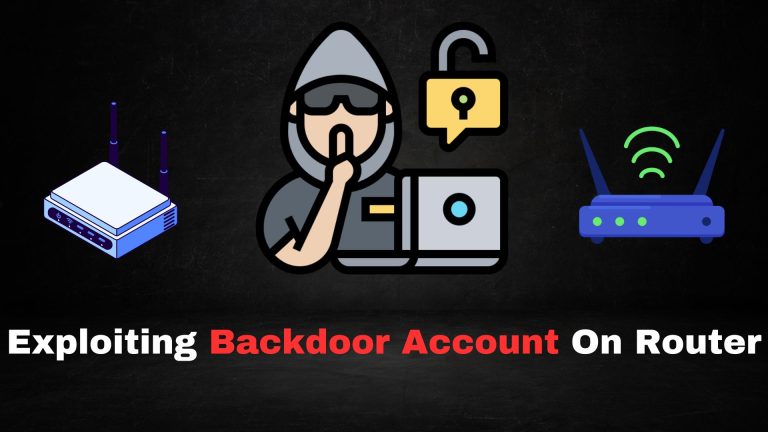
In today’s digital age, privacy has become one of the most critical concerns for internet users. With constant surveillance, data breaches, and online tracking, protecting your personal information and maintaining anonymity online is more important than ever. Whether you’re concerned about hackers, governments, corporations, or simply wish to keep your activities private, there are effective ways to ensure your privacy and remain anonymous on the internet.
In this blog, we will discuss why privacy matters, the risks to your privacy, and practical steps to stay anonymous and secure online.
Why Privacy Matters in the Digital Age
The internet has made our lives easier, but it has also opened the door to numerous privacy risks. Every time we log into social media, shop online, or search for information, we leave a trail of personal data that can be tracked, stored, and even sold.
- Surveillance: Governments and organizations are constantly tracking online activity for various reasons, including national security, law enforcement, and targeted advertising.
- Identity Theft: Hackers and cybercriminals often attempt to steal personal data, such as credit card details or social security numbers, to commit fraud.
- Data Harvesting: Companies and third-party advertisers track your online behavior to build profiles and deliver targeted ads, often without your knowledge or consent.
By maintaining your privacy and anonymity online, you can protect yourself from these risks and reclaim control over your digital identity.
How to Stay Anonymous Online
Achieving full anonymity on the internet can be difficult, but there are a number of tools and practices that can help minimize your digital footprint. Here’s a comprehensive guide to remaining anonymous and protecting your privacy online.
1. Use a VPN (Virtual Private Network)
A VPN is one of the most effective tools for maintaining privacy online. It encrypts your internet traffic and masks your IP address, making it harder for third parties to track your online activities.
- Benefits:
- Hides your IP address, making it difficult to trace your location.
- Encrypts your internet traffic, protecting your data from hackers, especially on public Wi-Fi networks.
- Prevents websites and service providers from tracking your browsing history.
- Recommended VPN Providers:
- ExpressVPN
- NordVPN
- ProtonVPN
Tip: Always ensure you’re using a no-logs VPN, which means the service does not track or store any of your online activity.
2. Browse with Tor
Tor (The Onion Router) is a free, open-source software that allows you to browse the internet anonymously. It routes your traffic through multiple servers (or “nodes”), making it almost impossible to trace back to your real location.
- Benefits:
- Complete anonymity while browsing the web.
- Prevents tracking and censorship.
- Tor is free and can be used on both desktop and mobile devices.
- Tor Browser: The Tor browser is specifically designed to access the dark web and use Tor’s privacy features. While it provides enhanced anonymity, it is not foolproof, so always take additional precautions (like using a VPN).
Tip: Avoid logging into personal accounts while using Tor, as it can link your identity to your online activity.
3. Use Encrypted Communication
When communicating online, use end-to-end encrypted messaging platforms to ensure that only you and the recipient can read your messages. Without encryption, your communication can be intercepted by hackers, government agencies, or even the service provider.
- Recommended Encrypted Messaging Apps:
- Signal: Known for its robust security and privacy features.
- Telegram (with secret chats enabled): Offers end-to-end encryption.
- WhatsApp: Owned by Facebook but offers end-to-end encryption.
Tip: Always verify the encryption settings of your messaging app before sharing sensitive information.
4. Be Mindful of Social Media
Social media is one of the easiest ways for companies and malicious actors to collect personal information. It’s crucial to be mindful of what you share and to adjust your privacy settings to limit exposure.
- Actionable Steps:
- Adjust your privacy settings: Make your profiles private and control who can see your posts.
- Avoid oversharing: Be cautious about the personal details you share, such as your location, phone number, or birthdate.
- Use pseudonyms: Consider using a fake name and photo if you don’t want to link your personal identity to your social media accounts.
Tip: Regularly audit your social media profiles and remove any information you don’t want others to see.
5. Use Anonymous Payment Methods
To stay anonymous during online transactions, consider using payment methods that do not require revealing your personal identity or financial information.
- Recommended Anonymous Payment Methods:
- Cryptocurrency (e.g., Bitcoin, Monero): Allows for relatively anonymous transactions.
- Prepaid gift cards or virtual credit cards: Can be used to make online purchases without revealing your real credit card details.
- PayPal with a pseudonym: For added privacy, you can create a PayPal account with a pseudonym, though this may not be entirely anonymous.
6. Use Private Search Engines
Search engines like Google track your searches, store your data, and often tailor your results based on your history. To avoid this, use privacy-focused search engines that do not track or store your search history.
- Recommended Privacy-Focused Search Engines:
- DuckDuckGo: Does not track, record, or store your search history.
- Startpage: Provides Google search results without tracking.
- Qwant: A European search engine that prioritizes privacy.
7. Enable Two-Factor Authentication (2FA)
Two-factor authentication adds an extra layer of security to your accounts by requiring not only a password but also a second form of identification, such as a code sent to your phone or generated by an app.
- Why It’s Important:
- Even if someone manages to get your password, they won’t be able to access your account without the second factor.
- 2FA helps protect your accounts from hacking and unauthorized access.
Tip: Use an authenticator app (e.g., Google Authenticator, Authy) rather than relying on SMS-based 2FA, as SMS can be intercepted.
8. Delete Unnecessary Accounts
Each online account you have represents a potential security risk. If you no longer use an account, delete it to reduce your online presence.
- How to Delete an Account:
- Review old and unused accounts, particularly on websites that store sensitive information.
- For social media platforms, review privacy settings and consider deleting your account entirely.
- Use services like Deseat.me to find and delete accounts linked to your email address.









